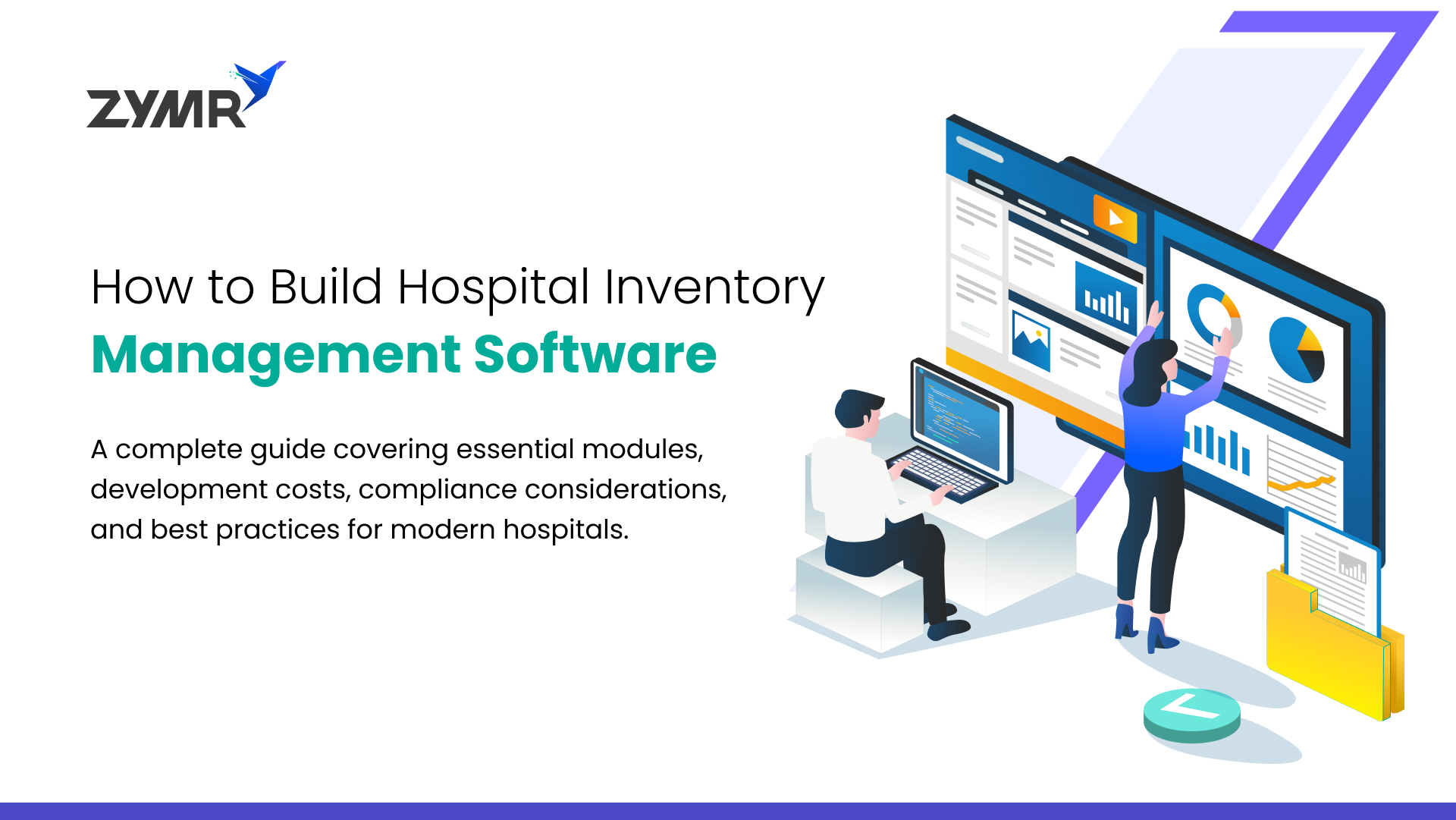DevOps involves the collaboration of engineering and operations staff working together during the entire development lifecycle while automating processes to improve software delivery. Gone are the days of functional groups working separately and simply passing work off to each other during the development process and operating as standalone groups.Despite DevOps' growing popularity and prevalence, there are misconceptions particularly related to the original definition of DevOps compared to the current use of the concept. With more information about DevOps becoming available at a rapidly growing rate, it is difficult to separate fact from fiction in terms of what DevOps involves and the benefits derived.Here are the most common misconceptions regarding DevOps:
DevOps Is a Job Function
No job title for DevOps exists because it is a methodology and not a role that is handled by a single person or group. DevOps involves key functional areas such as engineering, operations, and security working together and collaborating throughout the process rather than being a job performed by one person. DevOps also has no specific implementation path since it is very much an individual implementation that the DevOps team defines. The best path to implement DevOps is one that works best for each organization and resolves the outstanding problems and issues specific to the organization.
DevOps Refers Specifically to Automation
Automation is a key aspect of DevOps but there are three other steps in the process. The full DevOps lifecycle involves collaboration, validation, automation, and iteration. In other words, the team decides collectively what it needs, validates its findings, automates the results and then repeats as needed. DevOps creates an understanding between engineering, operations and other functional groups that they must work together collectively to achieve the desired result with the technology used as a means to an end.
DevOps Is at Odds With Existing Processes and Roles
DevOps actually integrates with existing processes and roles rather than opposing them. DevOps integrates with processes such as ITIL and Agile and involves collaboration between functional groups using their existing skills and expertise. DevOps isn't about eliminating jobs or functional areas but instead promotes development and operations staff working in tandem throughout development.
DevOps Ignores Security Concerns
Rather than considering security near the end of the development lifecycle as is often the case using current development practices, DevOps adoption involves incorporating security in all phases of development from the start.Security shifts from something considered at the end of the development lifecycle by security staff to a collaborative effort by all functional groups throughout the process so that security is integrated into all phases.
Technology Drives DevOps
The number one priority for companies that implement DevOps is to better meet customer expectations. The betterment of the business is therefore the main driver of DevOps, not technology. DevOps adoption changes the way a business views development rather than specifying the use of specific tools or technologies.Organizations that adopt DevOps experience tangible benefits related to faster deployments, higher quality software and happier customers among others. The shift in thinking as a company adopts DevOps requires development and security staff to change the way they view their work for the betterment of both the organization and their customers.Everything you need to know about outsourcing technology developmentAccess a special Introduction Package with everything you want to know about outsourcing your technology development. How should you evaluate a partner? What components of your solution that are suitable to be handed off to a partner? These answers and more below.
Conclusion
FAQs
>
>
>
>
>
Have a specific concern bothering you?
Try our complimentary 2-week POV engagement
Our Latest Blogs

January 15, 2026
Global Healthcare Outlook 2026: Key Trends in Digital Health, AI, and Patient Safety

January 15, 2026
Top 10 Healthcare IT Services Companies Transforming Healthcare Delivery(2026)

January 15, 2026






.svg)
.svg)
.svg)
.svg)
.svg)
.svg)
